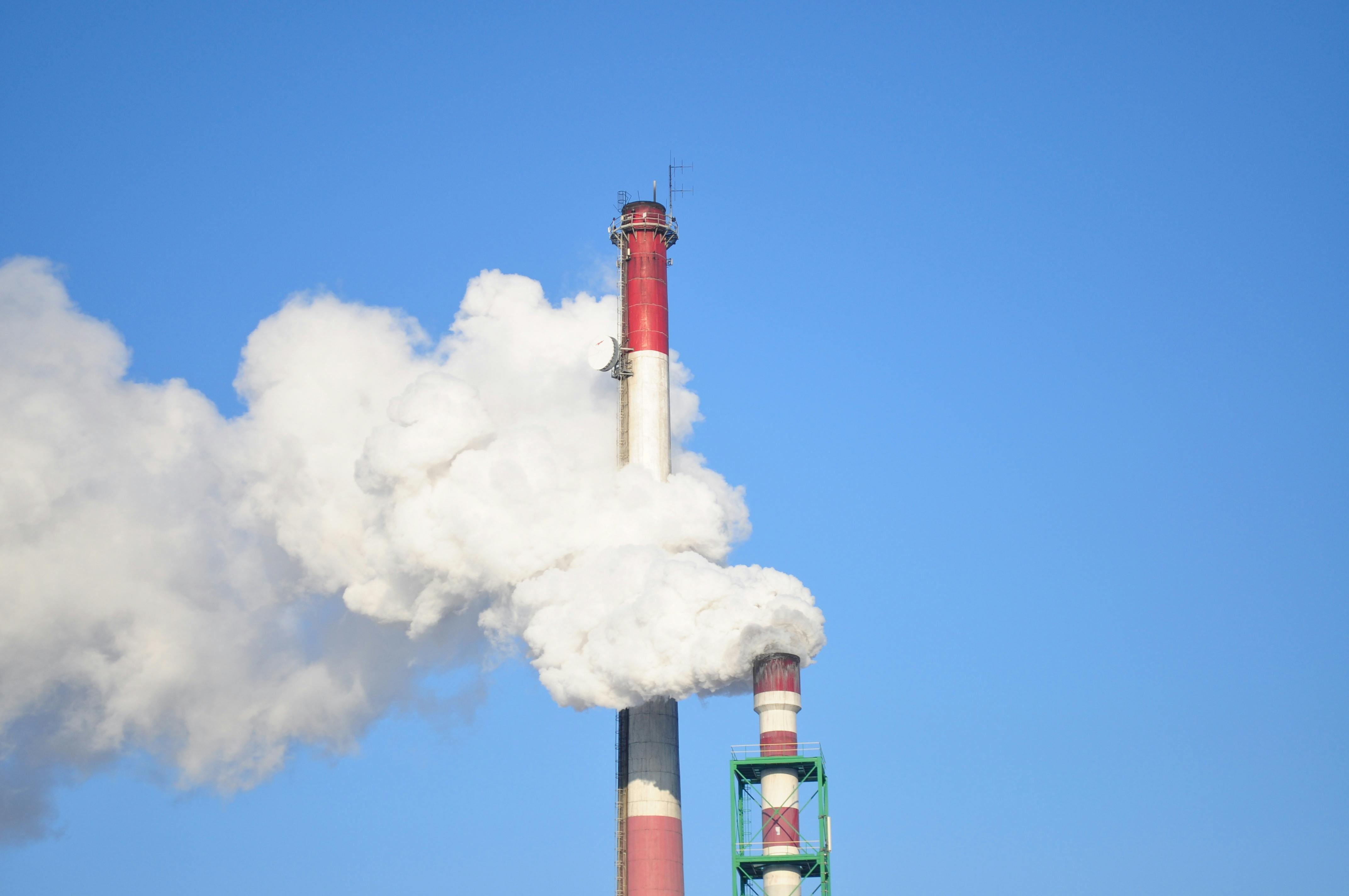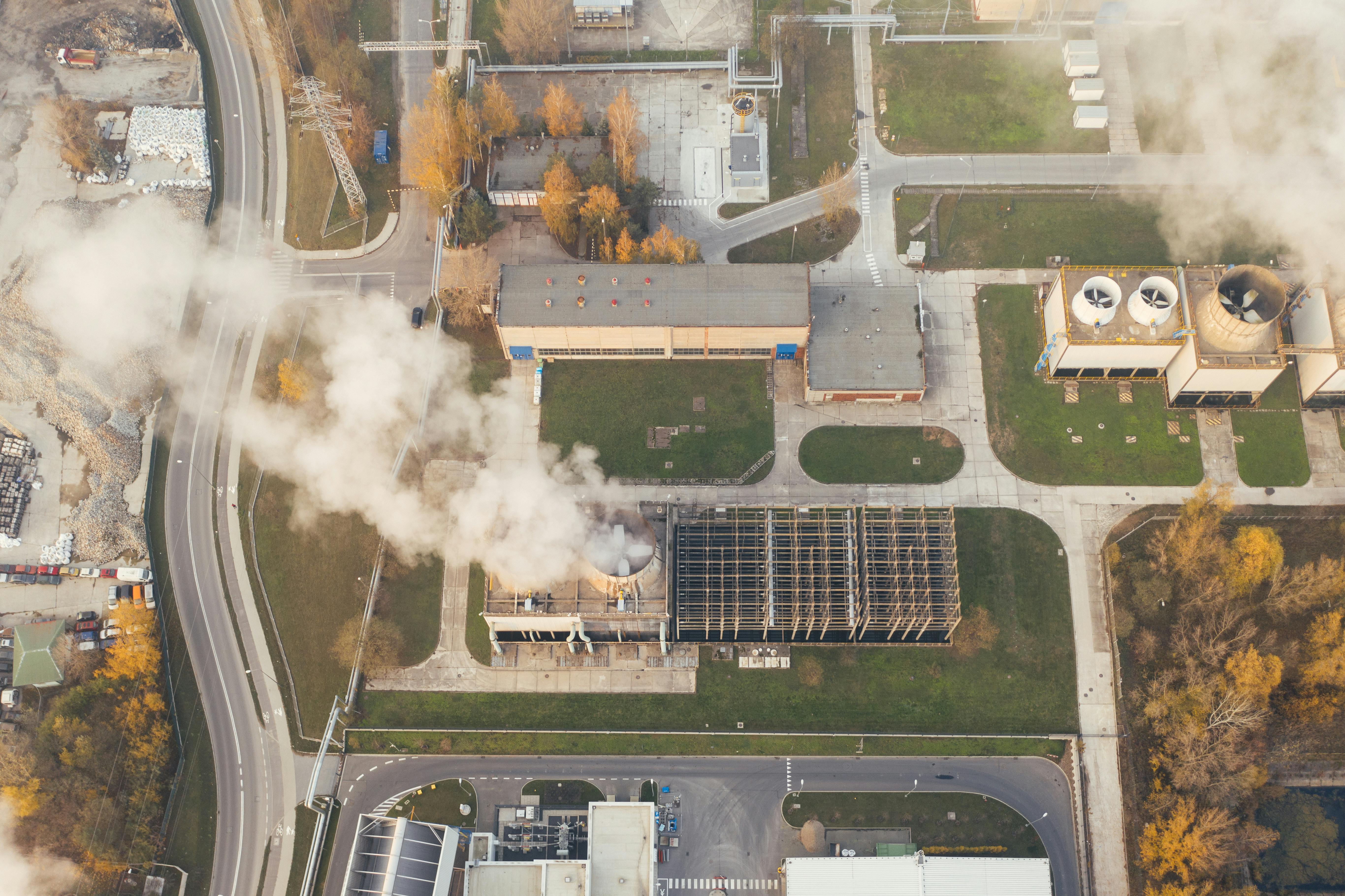So you’ve heard about this thing called “energy healing.” It’s been getting a lot of buzz lately, but what exactly is it? Well, energy healing is a holistic practice that aims to balance and align the body’s energy systems to promote healing and well-being. It operates on the belief that energy imbalances can lead to physical, emotional, and mental health issues. This article will break down the basics of energy healing, exploring different techniques and their potential benefits. Get ready to tap into the power of your own energy and unlock a world of healing possibilities.
What is Energy Healing?
Definition of Energy Healing
Energy healing is a holistic approach to healing that focuses on the subtle energy systems of the body. It is based on the belief that all living beings have an energetic force flowing within them, and when this energy is imbalanced or blocked, it can lead to physical, emotional, and spiritual ailments. Energy healing aims to restore harmony and balance to the body, mind, and spirit by unblocking and replenishing the energy flow.
How Energy Healing Works
Energy healing works by tapping into the energy field that surrounds and permeates the body. Practitioners use various techniques to assess and manipulate this energy, such as laying hands on or above the body, using focused intention, or utilizing tools like crystals or sound. These methods are believed to remove energy blockages, promote relaxation, and stimulate the body’s natural healing abilities.
Types of Energy Healing
There are various types of energy healing modalities that have evolved over time, each with its own techniques and philosophies. Some popular forms of energy healing include Reiki, acupuncture, Qigong, crystal healing, and sound therapy. Each of these modalities brings its unique approach to balancing and manipulating the body’s energy, providing different benefits and experiences.
History of Energy Healing
Ancient Practices
Energy healing is not a new concept and has been practiced for thousands of years. Ancient civilizations from around the world, such as the Chinese, Egyptians, Greeks, and Native Americans, recognized the existence of energy and used various techniques to promote healing and well-being. Practices such as acupuncture, crystal healing, and Reiki have their roots in these ancient civilizations and continue to be used in modern times.
Modern Influence
The modern influence on energy healing can be traced back to the 19th and 20th centuries when individuals like Edgar Cayce, Phineas Parkhurst Quimby, and Theosophical Society founder Helena Blavatsky explored the concept of subtle energies and the mind-body connection. Their pioneering work paved the way for the development and integration of energy healing into mainstream healthcare systems.

Principles of Energy Healing
Energy Fields and Chakras
Central to energy healing is the belief that the body is surrounded by an energetic field, often referred to as the aura. Within this field, there are specific energy centers called chakras, which are believed to be responsible for the flow of energy through the body. Each chakra corresponds to different emotional, physical, and spiritual aspects of our being, and when imbalanced, can impact our overall well-being. Energy healers work to identify and rebalance these energy centers to restore harmony.
Balancing and Manipulating Energy
Energy healing techniques aim to balance and manipulate the body’s energy by removing energy blockages and replenishing depleted areas. Practitioners achieve this through various methods, such as channeling healing energy through their hands or using tools like crystals or sound vibrations. By working with the body’s energy system, energy healers facilitate the natural healing process and promote overall well-being.
Connection to Mind-Body-Spirit
Energy healing recognizes the interconnectedness of the mind, body, and spirit. It acknowledges that our energy is influenced by our thoughts, emotions, and experiences, and that imbalances in one area can affect the others. By addressing the energetic aspects of a person’s being, energy healing helps to create harmony and balance in all aspects of their life.
Benefits of Energy Healing
Reducing Stress and Anxiety
One of the main benefits of energy healing is its ability to reduce stress and anxiety. By promoting relaxation and releasing blocked energy, energy healing techniques can help calm the nervous system and induce a sense of peace and tranquility. This can be particularly beneficial for individuals experiencing chronic stress or anxiety disorders.
Boosting Immune System
Energy healing has been suggested to have a positive impact on the immune system. By removing energy blockages and restoring balance to the body’s energy field, energy healing promotes a healthy flow of energy throughout the body. This increased energy flow may help to support the immune system’s ability to defend against illness and promote overall well-being.
Promoting Emotional Well-being
Energy healing works on an energetic level, which can help to address underlying emotional imbalances. By rebalancing the energy system and releasing stagnant or negative energy, energy healing can promote emotional well-being and a sense of inner peace. This can be beneficial for individuals struggling with depression, grief, or trauma.
Accelerating Physical Healing
Energy healing can also support the body’s physical healing processes. By addressing imbalances in the energy field, energy healing techniques aim to remove energetic blockages that may be hindering the body’s ability to heal itself. This can lead to faster recovery times and enhanced overall physical well-being.

Popular Energy Healing Techniques
Reiki
Reiki is a Japanese form of energy healing that involves the transfer of universal life energy through the hands of the practitioner to the recipient. It is based on the belief that this energy has the power to heal and restore balance to the body, mind, and spirit. Reiki is a gentle and non-invasive technique that can be used for a wide range of physical, emotional, and spiritual ailments.
Acupuncture
Acupuncture is an ancient Chinese practice that involves the insertion of thin needles into specific points on the body to stimulate the flow of energy. It is believed that these energy pathways, known as meridians, are connected to various organs and systems in the body. By manipulating the flow of energy through these meridians, acupuncture aims to promote healing and restore balance.
Qigong
Qigong is a Chinese practice that combines movement, breath control, and meditation to cultivate and balance the body’s vital energy, known as Qi. Through gentle and flowing movements, qigong aims to harmonize the flow of energy in the body, strengthen the organs, and enhance overall well-being. It is often used as a holistic approach to healing and preventing illness.
Crystal Healing
Crystal healing is the use of crystals and gemstones to restore and balance energy in the body. Each crystal is believed to possess unique energetic properties that can be used to address specific imbalances or ailments. By placing crystals on or around the body, energy healers aim to restore harmony and promote healing.
Sound Therapy
Sound therapy uses the power of sound vibrations to promote healing and restore balance. It involves the use of various instruments, such as singing bowls, tuning forks, or gongs, that produce specific frequencies and tones. These sound vibrations can help to remove energetic blockages, induce relaxation, and promote overall well-being.
Scientific Evidence of Energy Healing
Exploring the Research
While the scientific understanding of energy healing is still developing, there is a growing body of research that supports its effectiveness. Studies have shown that energy healing techniques, such as Reiki and acupuncture, can have a positive impact on pain management, stress reduction, and enhancing well-being. Furthermore, neuroimaging studies have demonstrated changes in brain activity during energy healing sessions, suggesting physiological effects.
Critics and Skeptics
Despite the growing body of evidence, energy healing also faces criticism and skepticism. Some skeptics argue that the perceived benefits of energy healing may be due to the placebo effect or other non-specific factors, rather than a direct result of manipulating energy. However, proponents of energy healing believe that the personal experiences and reported improvements of individuals provide valuable evidence of its effectiveness.

Integration with Conventional Medicine
Complementary Approach
Energy healing is often used as a complementary approach alongside conventional medical treatments. It is not intended to replace traditional medicine but rather to enhance overall well-being and support the body’s natural healing abilities. Many healthcare facilities now offer integrative medicine programs that combine energy healing techniques with conventional treatments, recognizing the potential benefits of this holistic approach.
Collaborative Studies and Practices
In recent years, collaborative studies and practices have emerged, bringing together energy healers and conventional healthcare professionals. These collaborations aim to integrate energy healing into mainstream medicine by conducting rigorous research, sharing knowledge, and developing evidence-based protocols. This cooperation provides opportunities for mutual learning and the potential for creating more comprehensive and effective treatment plans.
Energy Healing and Personal Development
Self-Healing Techniques
Energy healing can also be used as a tool for personal development and self-healing. Many energy healing modalities offer self-practice techniques that individuals can learn and incorporate into their daily lives. These techniques, such as self-Reiki or qigong exercises, empower individuals to take an active role in their own healing journey and enhance their overall well-being.
Empowerment and Emotional Intelligence
Energy healing encourages individuals to develop a deeper understanding of themselves and their energetic patterns. By connecting with their own energy and practicing self-awareness, individuals can enhance their emotional intelligence and gain insights into their thoughts, emotions, and behaviors. This self-reflection and empowerment can lead to personal growth, improved relationships, and increased overall vitality.
Finding an Energy Healer
Credentials and Training
When seeking an energy healer, it is important to consider their credentials and training. Look for practitioners who have received formal training or certification in their specific energy healing modality. Additionally, consider their experience and reputation within the field. Asking for recommendations or researching practitioners online can help ensure that you find a qualified and reputable energy healer.
Choosing the Right Practitioner
Finding the right energy healer is a personal decision, as each practitioner and modality may resonate differently with individuals. It may be helpful to schedule an initial consultation or session to gauge how comfortable and connected you feel with the practitioner. Trust your intuition and consider their approach, philosophy, and communication style to choose a practitioner who aligns with your needs and values.
Ethical Considerations in Energy Healing
Informed Consent
In energy healing, obtaining informed consent is crucial. Practitioners should discuss the purpose, techniques, and potential benefits or risks of the session with the client before proceeding. This allows clients to make an informed decision and ensures that their boundaries and preferences are respected throughout the healing process.
Professional Boundaries
Maintaining professional boundaries is a key ethical principle in energy healing. Practitioners should avoid making promises or guarantees about specific outcomes, as healing is a complex and individualized process. They should also adhere to ethical guidelines and avoid engaging in any form of exploitation or inappropriate behavior.
Genuine Intentions
Energy healing practitioners must always prioritize the well-being and welfare of their clients. They should approach their practice with genuine intentions, empathy, and compassion. Practitioners should cultivate a safe and supportive space for healing, respecting the autonomy and dignity of their clients at all times.
By understanding the principles, benefits, and ethical considerations of energy healing, individuals can make informed decisions and embark on a healing journey that resonates with them. Whether seeking relief from physical ailments, emotional imbalances, or spiritual growth, energy healing offers a holistic approach to well-being and self-discovery.
